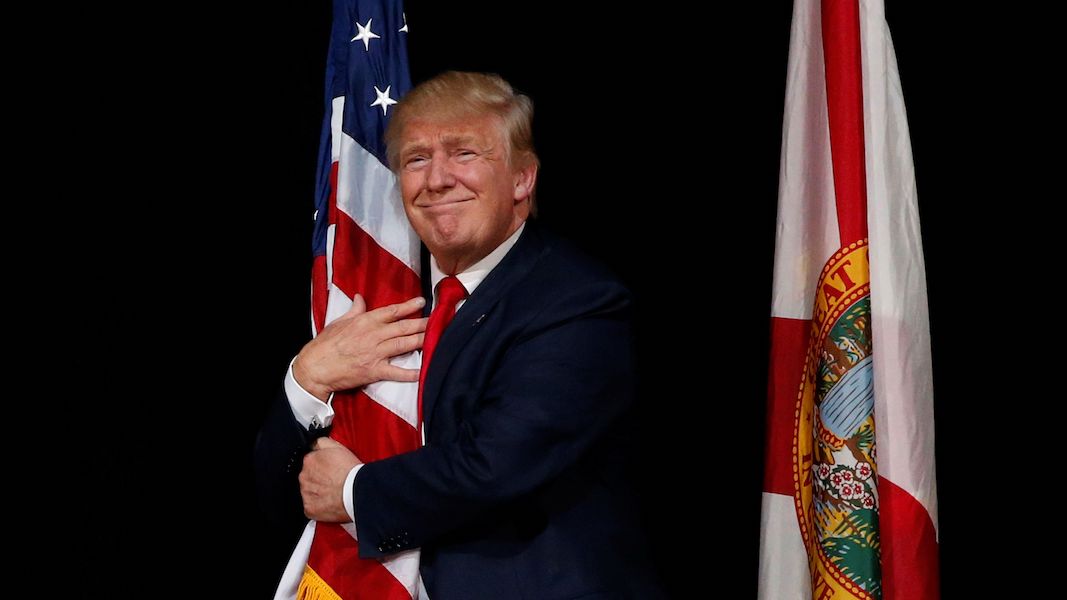James K. Boyce is an author, economist, and senior fellow at the Political Economy Research Institute of the University of Massachusetts Amherst. He has written for Harper’s, Scientific American, Politico, The New York Times, The Los Angeles Times, and numerous scholarly journals including Proceedings of the National Academy of Sciences, Ecological Economics, Environmental Research Letters, and Climatic Change. He received the 2011 Fair Sharing of the Common Heritage Award from Project Censored and the Media Freedom Foundation, and the 2017 Leontief Prize for Advancing the Frontiers of Economic Thought. His most recent books are Economics for People and the Planet: Inequality in the Era of Climate Change (Anthem 2019; audiobook edition with foreword by Manuel Pastor, 2021) and The Case for Carbon Dividends (Polity 2019).
James Boyce
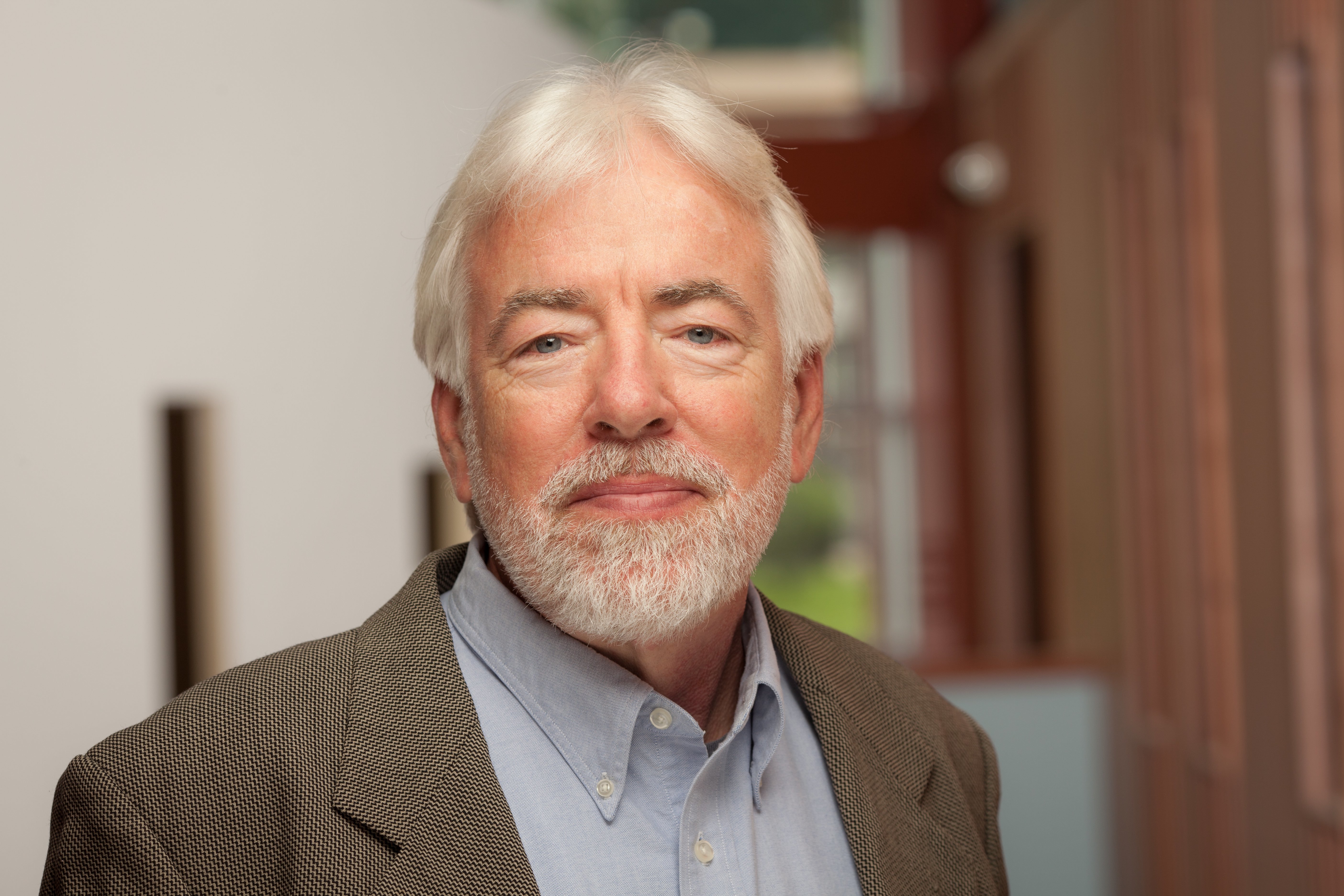
- Leader of Air Quality Co-Benefits in Climate Policy
- Member of Political Economy of Distribution
By this expert
Freedom from Fossil Fuels is Good for Your Health
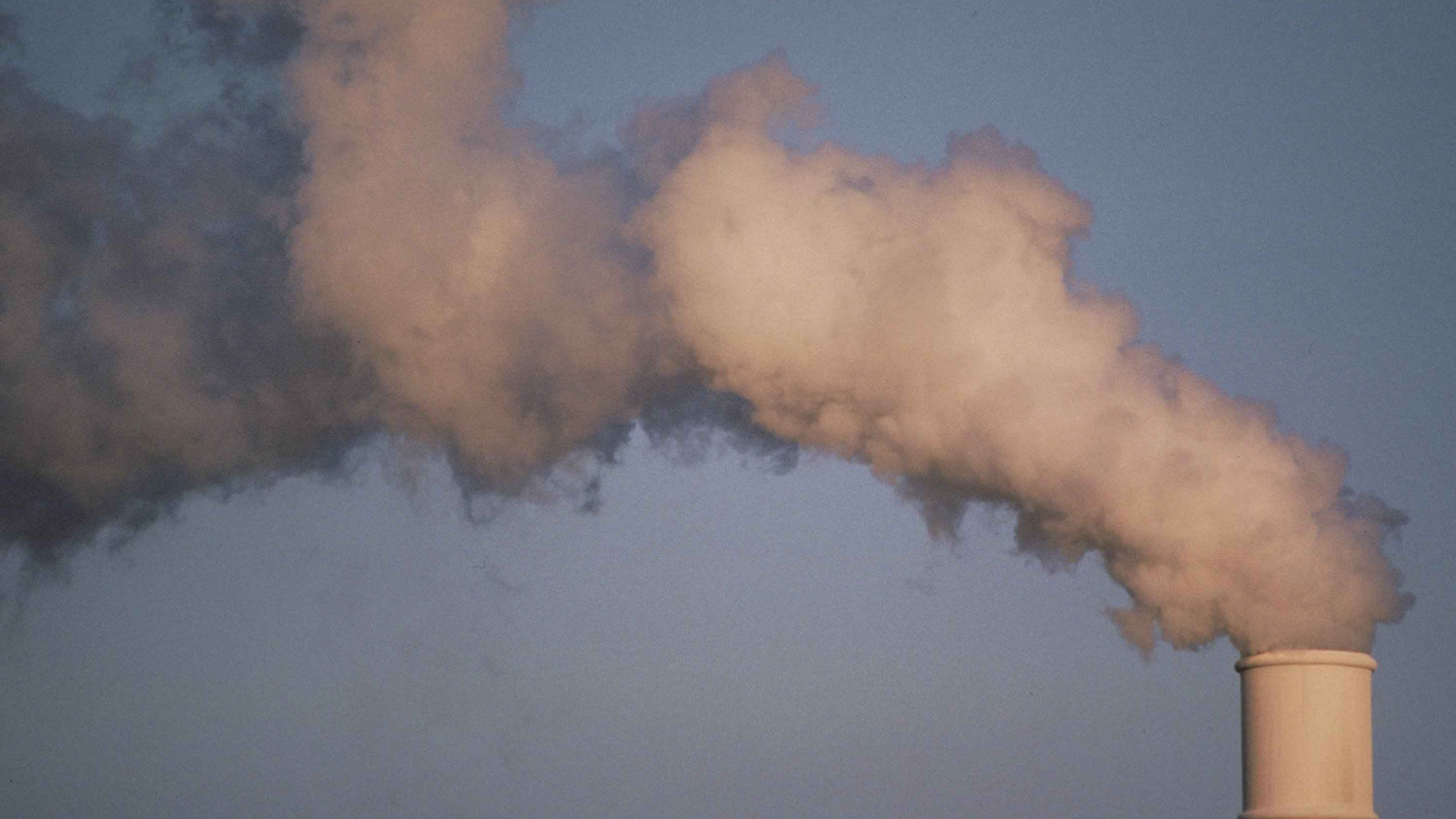
Freeing ourselves from reliance on fossil fuels is not only good for the planet and future generations. It also saves lives here and now, not just in the far future.
Keeping the Oil in the Soil
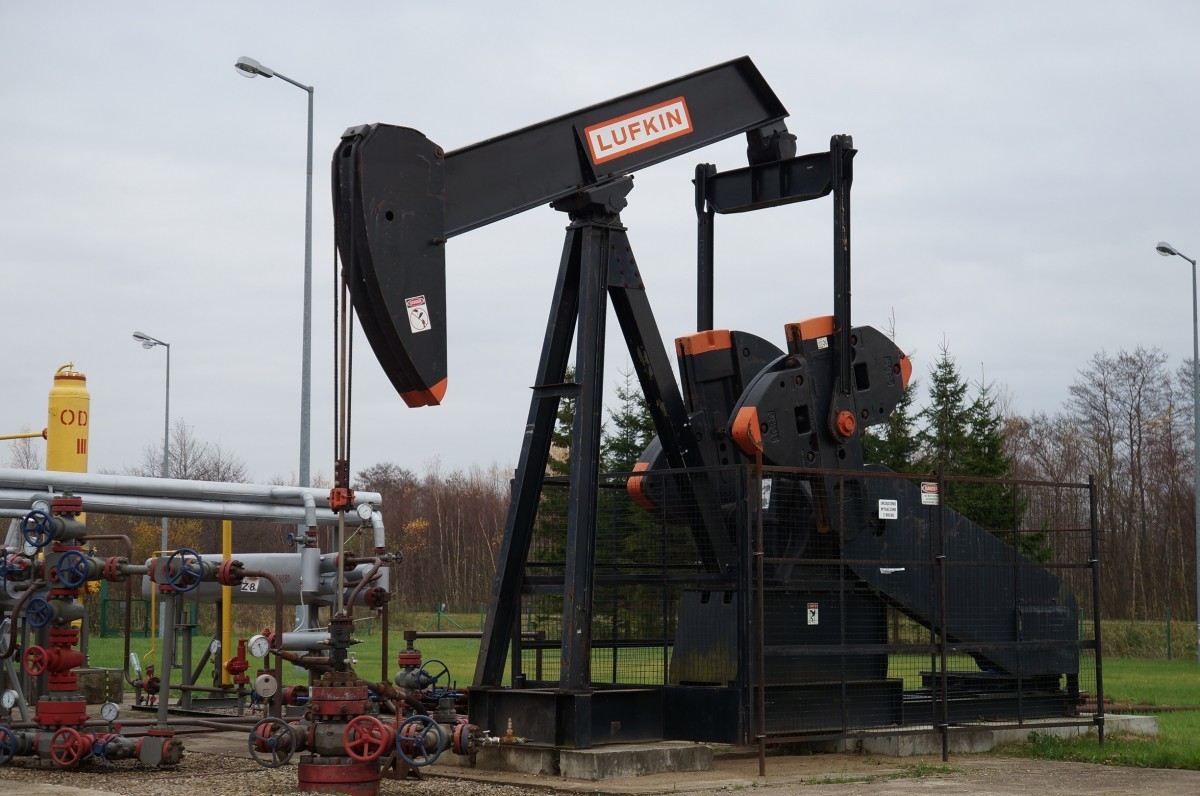
The central goal of any serious climate policy is to keep fossil fuels in the ground. The central question is how.
The humble economist
What economics can – and can’t – tell us about climate change
Featuring this expert
A Plan for Earth’s Survival that Can Survive U.S. Politics?
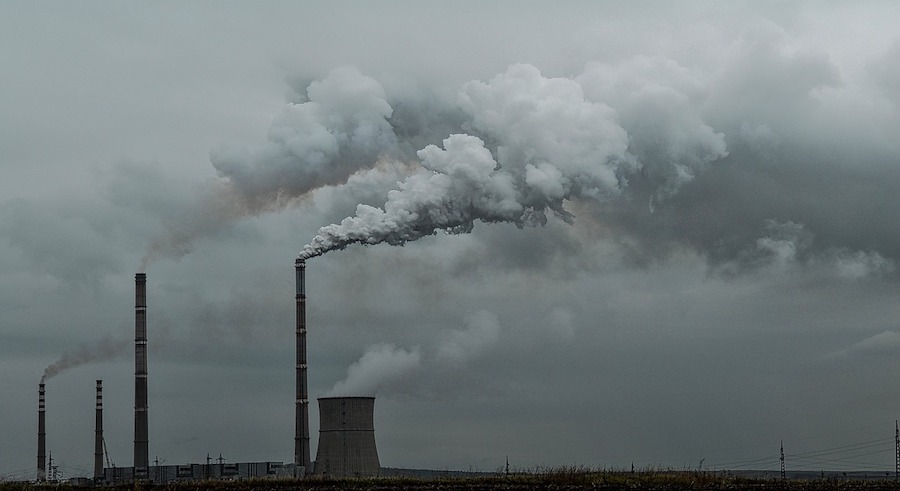
Economist James K. Boyce explains how to fight climate change and rising income inequality in one shot
What Role Should Economists Play in Climate Policy?
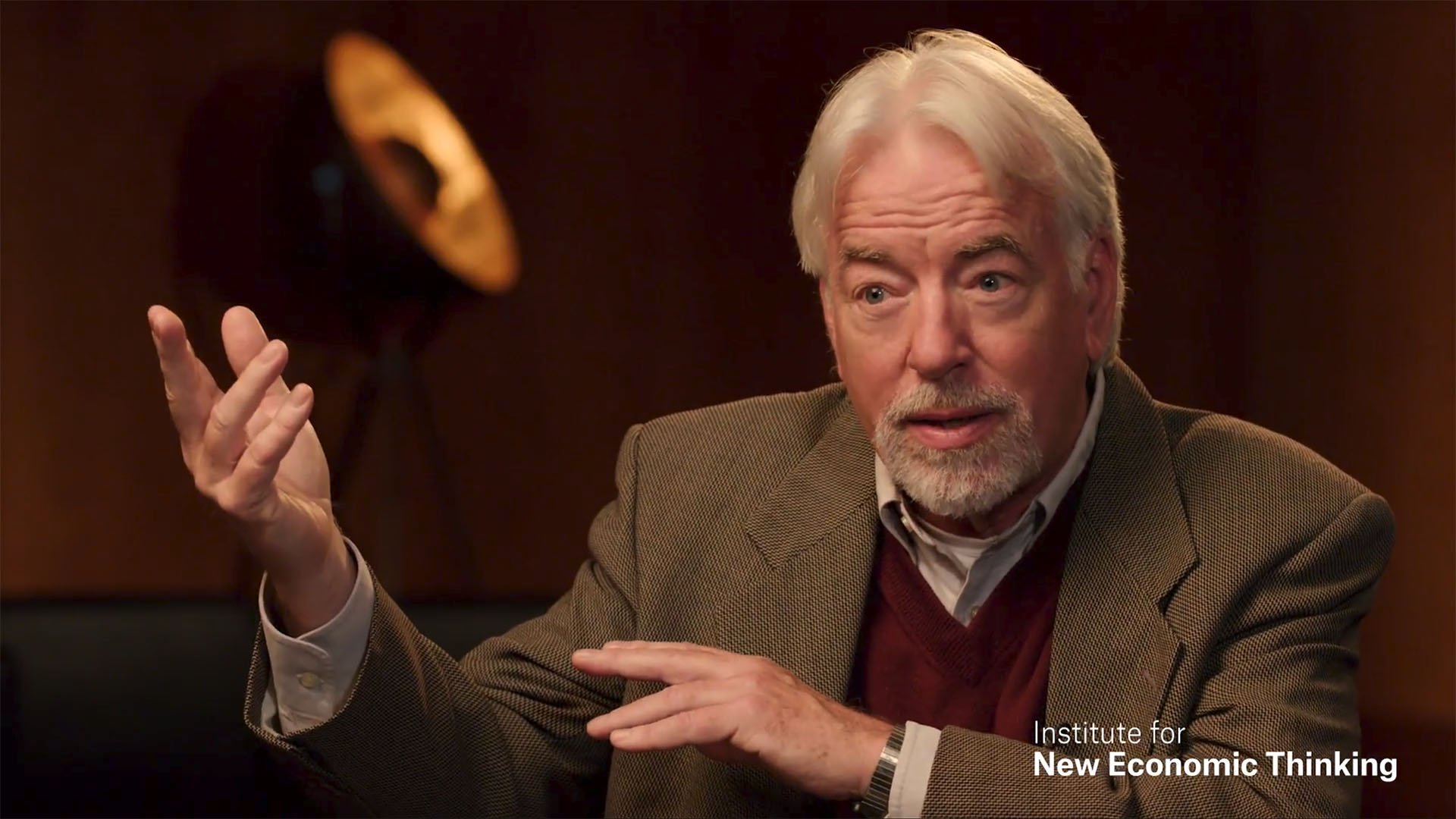
Economist James K. Boyce argues that the distribution of carbon tax revenue is just as important as the price itself
Reawakening From the Origins of Economic Ideas to the Challenges of Our Time
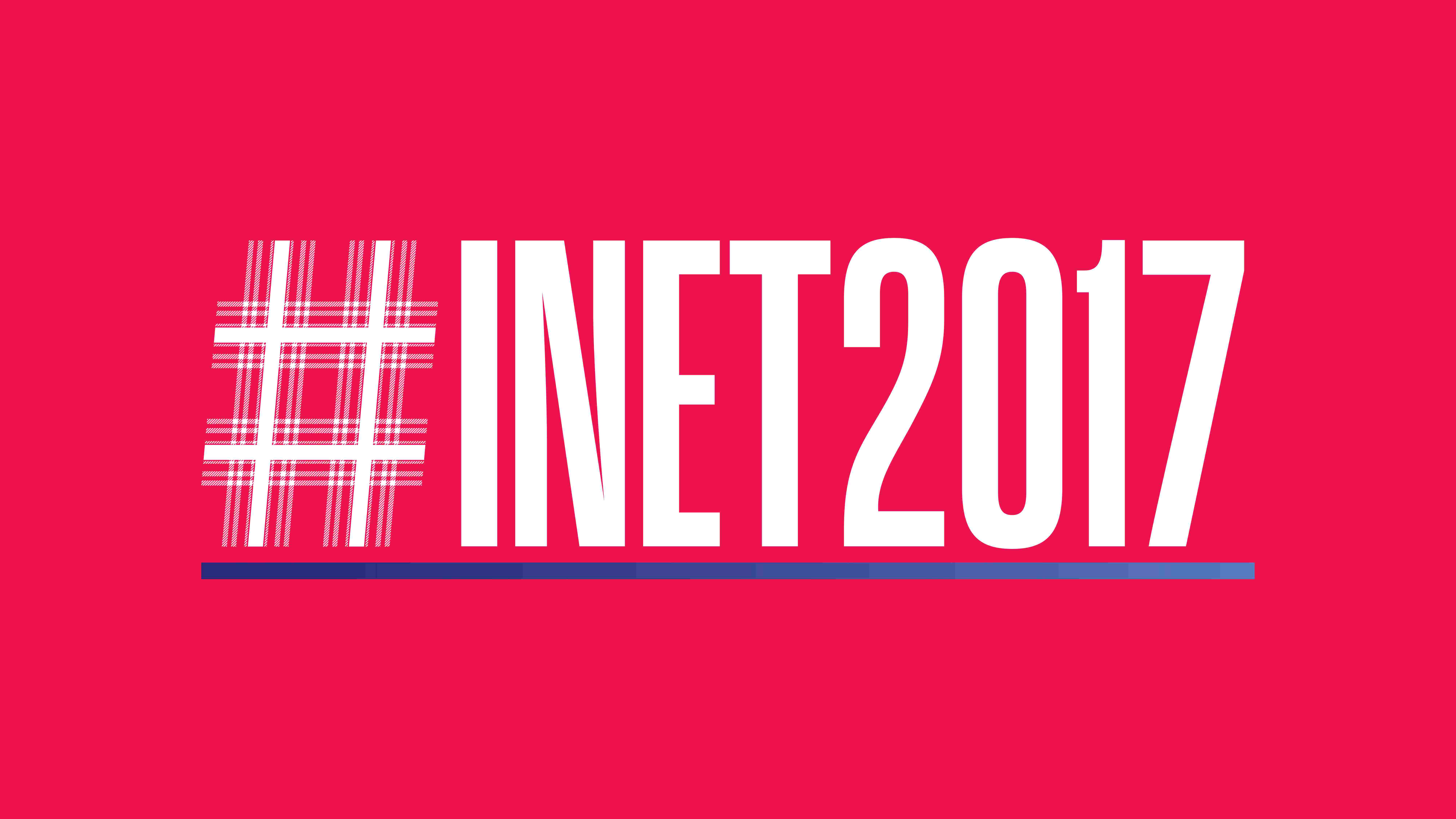
INET gathered hundreds of new economic thinkers in Edinburgh to discuss the past, present, and future of the economics profession.
